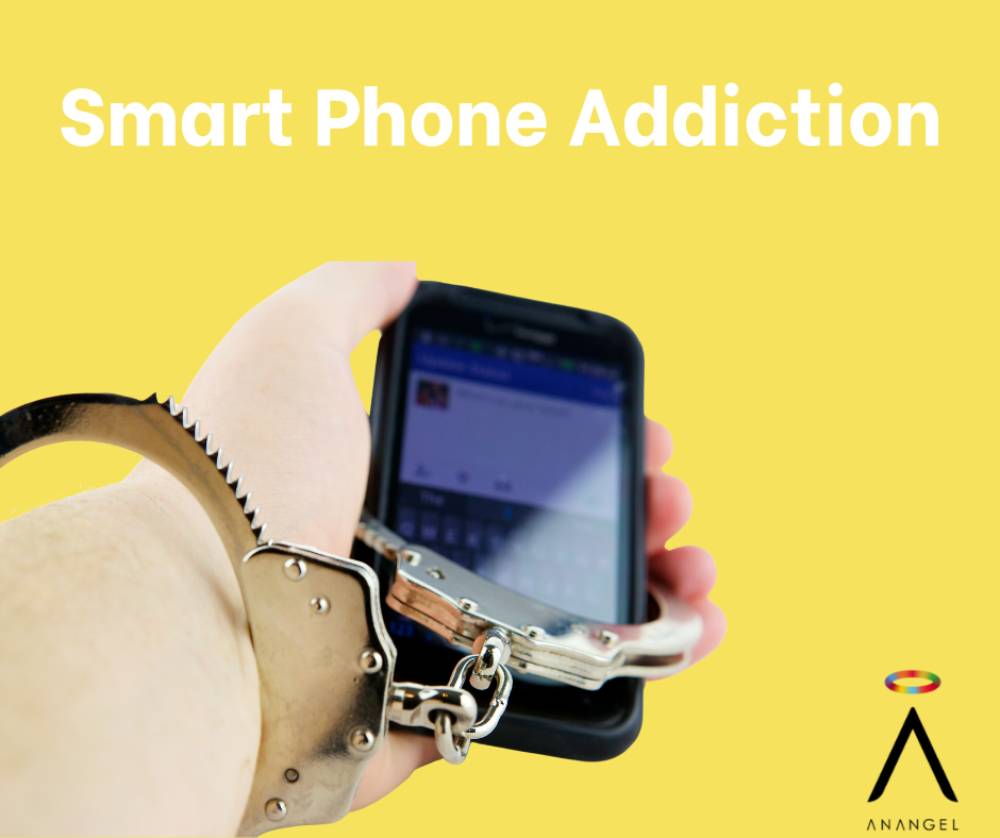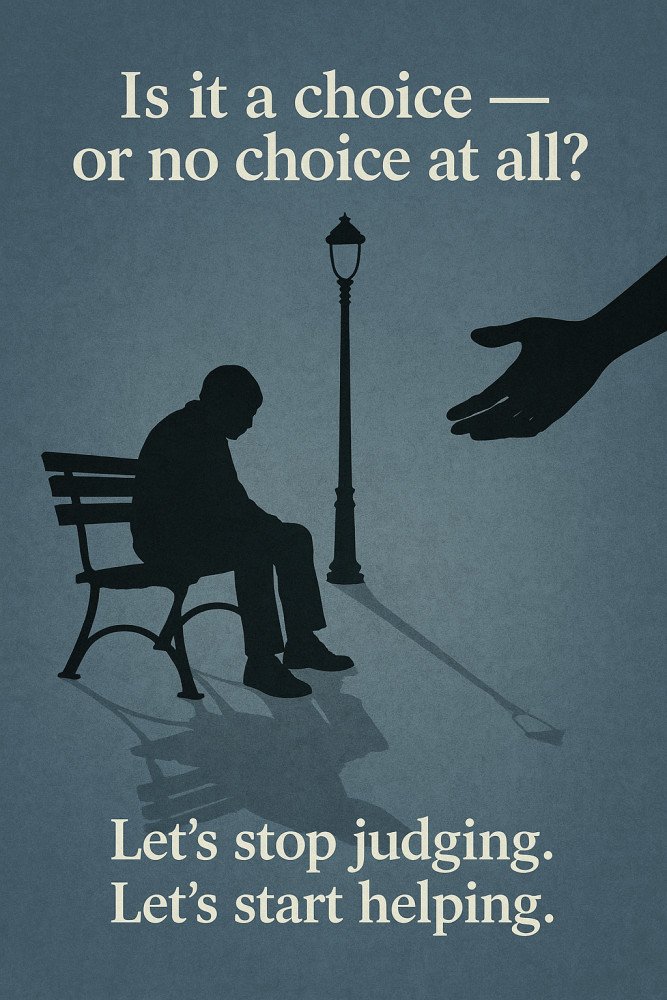

Smart Phone Addiction
Can you imagine your life without a Phone?
We are all addicted to our phones, aren't we?
Smartphone addiction has become a growing concern in today's digital world. With the increased use of smartphones, people are becoming more dependent on their devices and spending excessive amounts of time on them. In this blog, we will explore the facts and figures related to smartphone addiction and the impact it has on our lives.
Facts and Figures:
- According to a survey conducted by Pew Research Center, 81% of Americans own a smartphone, and 46% say they can't live without their device.
- A study conducted by Common Sense Media found that teenagers spend an average of 7 hours and 22 minutes per day on their devices.
- The same study found that 59% of parents feel their teenagers are addicted to their smartphones.
- Another study by Deloitte found that the average person checks their smartphone 47 times per day.
- The same study found that 86% of smartphone users check their devices while talking to friends and family.
- A study published in the Journal of Behavioral Addictions found that smartphone addiction is associated with poor sleep quality, anxiety, and depression.
- The World Health Organization (WHO) has classified gaming disorder, a condition related to smartphone addiction, as a mental health disorder.
Impact of Smartphone Addiction:
- Poor Sleep: The blue light emitted by smartphones can interfere with our sleep patterns, making it harder to fall asleep and stay asleep.
- Reduced Productivity: Spending too much time on our smartphones can lead to a loss of productivity, as we become distracted and unable to focus on important tasks.
- Mental Health Issues: Smartphone addiction has been linked to anxiety, depression, and other mental health issues.
- Physical Health Issues: The excessive use of smartphones can lead to neck pain, back pain, and other physical health issues.
- Social Isolation: While smartphones can help us stay connected with others, excessive use can lead to social isolation and a lack of face-to-face interaction.
Breaking the Addiction:
Breaking the addiction to smartphones can be challenging, but it is possible. Here are some tips to help:
- Set Boundaries: Set specific times of the day when you will check your phone and stick to them. Avoid checking your phone first thing in the morning or before going to bed.
- Turn off Notifications: Turn off unnecessary notifications to reduce the number of distractions and interruptions.
- Use Apps: There are several apps available that can help you track your smartphone use and set limits on your usage.
- Find Other Activities: Find other activities that you enjoy, such as exercise, reading, or spending time with friends and family.
Smartphone addiction is a growing concern that has a significant impact on our daily lives. By understanding the facts and figures related to smartphone addiction and the impact it has on our health and well-being, we can take steps to reduce our dependence on these devices and improve our overall quality of life.


